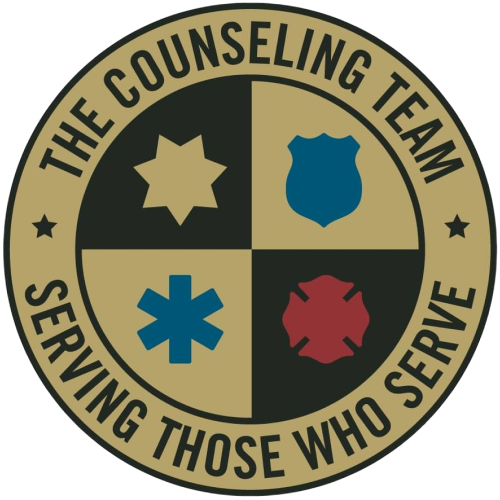Many people are not sure what to do if they think someone they know might be thinking about suicide. Be direct. Ask the question. Let them know you care. In addition to this article, you can also watch a short video about suicide intervention. Go online: https://rb.gy/sky6k8
First Responders are more likely to die by suicide than in the line of duty.1 It is quickly becoming another life threatening danger to public safety professionals – in addition to the daily risks they face.
Frequent exposure to traumatic events can lead to Post-Traumatic Stress, depression, and anxiety. The job’s intensity coupled with long hours can lead to chronic stress and burnout. In addition, isolation can stem from a deep-rooted stigma around seeking help for mental health issues, limiting the space for vulnerability and community that can often provide healing.
While the threat of suicide is high, so is the room for intervention. So often, simply asking someone who may be struggling can make all the difference in preventing their death.
When Can I Ask?
Pay attention to warning signs such as significant changes in behavior, expressions of hopelessness, withdrawal from others, or direct verbal cues. Signs can be obvious, such as talk about death or dying, or subtle, such as increased substance abuse, rage, anger, and feeling like they have no purpose in life.
How Do I Ask?
Be direct and use straightforward language when you ask the question. Show empathy in your conversation and ensure the person feels supported, not judged, in a private setting.
What Do I Ask?
Some ways you could ask are: “Are you feeling hopeless about the future? Have you had thoughts about taking your life? When did you have these thoughts, and do you have a plan to take your life? Have you ever attempted suicide?”
How Do I Respond?
Listen without interruption as they share their heart. Acknowledge their feelings and be kind, patient, and attentive. Encourage them to seek professional help and help them find resources. If they are in immediate danger, do not leave them alone and seek emergency help right away.
Often, when someone is thinking about suicide, they have lost all hope. Renew a sense of hope in their lives and remind them of what’s working. Help them see what’s working well and that all struggles and challenges are temporary. See and hear them – they are your people, and they need you. Always ask the question.
This article was put together in collaboration with Stephen Odom, PhD, Chief Clinical Officer with First Responder Wellness and The Counseling Team International. The best way to prevent suicide is to recognize warning signs and know how to respond if you spot them. If you believe that a friend or family member is suicidal, you can play a role in suicide prevention by pointing out the alternatives, showing that you care, and getting a doctor or psychologist involved. Together, we all be advocates for suicide intervention by being direct with asking the question and showing you care.
This information is provided as a support resource and is not intended to replace recommendations from a physician or licensed mental health professional. Dial 911 for life threatening emergencies.
Citations
1 https://rudermanfoundation.org/white_papers/police-officers-and-firefighters-are-more-
likely-to-die-by-suicide-than-in-line-of-duty/

